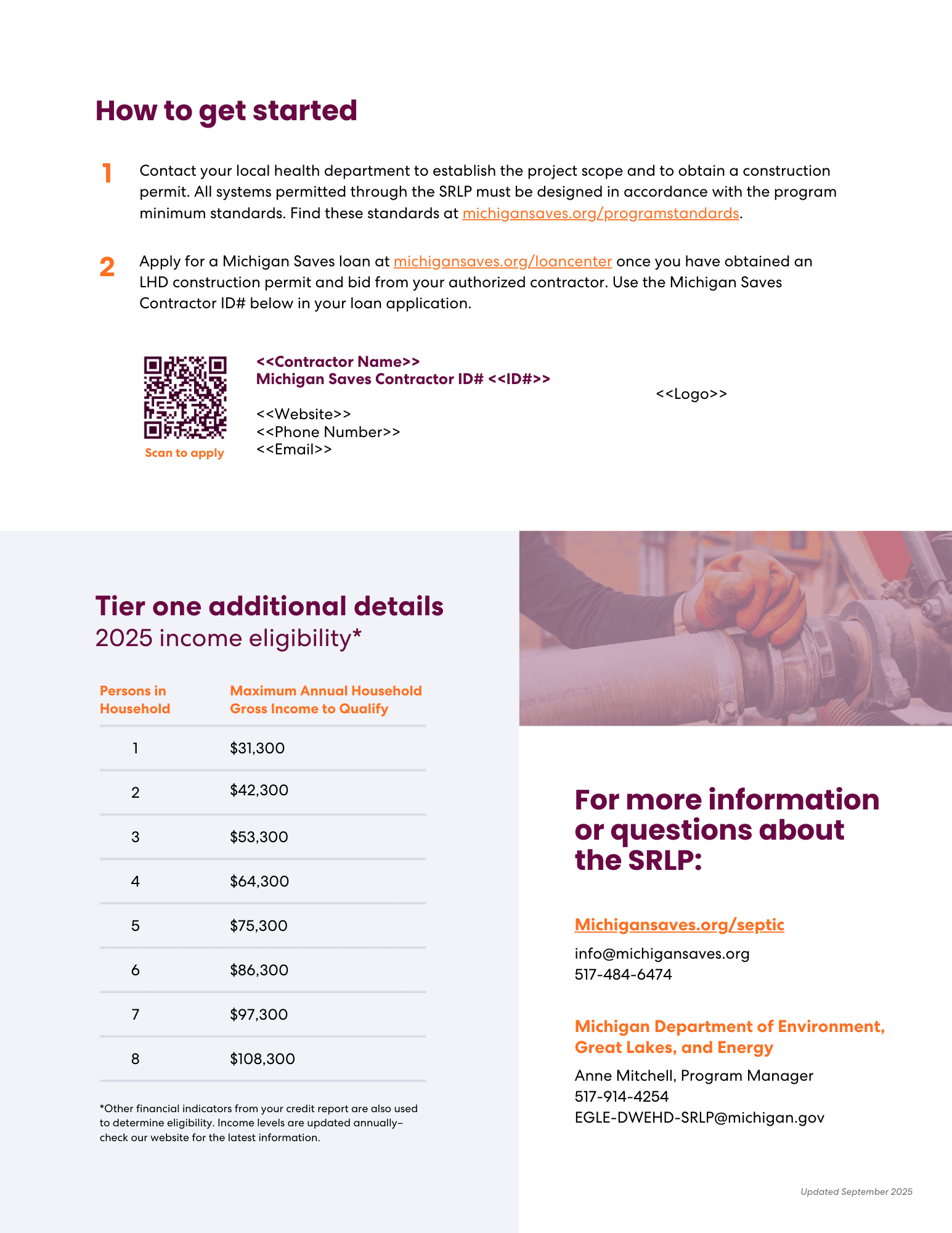
How much power does a refrigerator use?
Your refrigerator is one of the most energy-consuming appliances in your home—especially since it runs 24 hours a day, seven days a week, and 365 days a year to keep your food fresh. The average refrigerator uses anywhere from 300 to 800 watts of electricity per day, depending on its size, age, and efficiency rating. Over the course of a year, this can account for a major portion of your household’s energy consumption (and your power bill). Here’s how you can transform your existing model into an energy efficient refrigerator.
Energy-saving refrigerator tips
Follow these practical tips to maximize your refrigerator’s efficiency:
- Use optimal temperature settings. Set your refrigerator to about 40 degrees Fahrenheit and your freezer to 5 degrees. These temperatures are sufficient to keep your food fresh or frozen without allowing frost buildup or overworking the appliance.
- Place it properly. Position your refrigerator away from heat sources such as ovens, dishwashers, and direct sunlight. Excessive heat forces the appliance to work harder to maintain the desired temperature.
- Clean the coils. Dust and dirt on the condenser coils can impede the cooling efficiency of your unit. Clean the coils at least twice a year to ensure optimal performance.
- Give it breathing room. Position your refrigerator a few inches away from the wall behind it to allow for adequate air circulation.
- Avoid leaving the door open. Minimizing open-door time is essential, especially in the summer, when your fridge is working its hardest. Decide what you want before opening the door, and resist the temptation to bask in your unit’s air-conditioning properties.
- Check the door seals. Ensure the door gaskets (seals) are airtight. Damaged or loose seals allow cold air to escape, making your refrigerator work harder. Close the door on a piece of paper; if it slips out easily, it’s time to replace the seals.
- Keep it full but not overloaded. A well-stocked refrigerator retains cold better than an empty one because the food and drinks help absorb warm air that enters when the door is opened. However, avoid overloading it, as this can obstruct airflow and decrease efficiency.
- Defrost regularly. If you have a manual defrost refrigerator, ensure you defrost it regularly. Excessive frost buildup increases energy consumption. Ideally, defrost when the frost layer reaches about a quarter-inch thick.
By implementing these energy-saving tips, you can make your refrigerator work more efficiently, reduce your energy consumption, and lower your utility bills. Not only will you enjoy cost savings, but you’ll also contribute to a more sustainable environment.
Save energy and money with Michigan Saves
Michigan Saves can help keep your energy bills down all year long. Our home and business financing help you turn your home or business into a comfortable and efficient space with energy upgrades such as energy efficient windows, air sealing, and HVAC systems.
If saving money and energy is your goal, you’re in good hands. Get professional help from one of our authorized Michigan contractors in your area. Start saving with us today!




